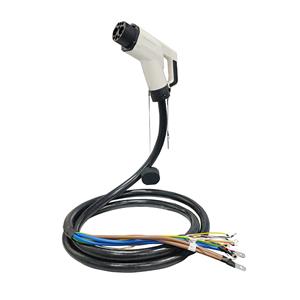-
1601-2025
Applications and Fundamentals of Fixed Value Shunts in Electrical Engineering
A fixed value shunt, often referred to as a constant current source or a fixed resistance, plays a significant role in various domains of electrical engineering. This article aims to delve into its applications, principles, and significance from a university professor's perspective, providing a reservoir of knowledge for students and professionals alike.
-
0908-2024
The Quality Standards of Fixed Value Shunts
Fixed value shunts, which are widely used in electrical engineering, must adhere to stringent quality standards to ensure their reliability and accuracy. These standards guarantee the shunts' performance, consistency, and longevity, making them suitable for critical applications across various industries.
-
0808-2024
Applications of Fixed Value Shunts in Various Industrie
Fixed Value Shunts, popularly utilized in electrical systems, find extensive applications across a spectrum of industries due to their exceptional performance attributes. These shunts, also referred to as fixed value resistors, serve as critical components in diverse settings where accurate current measurement is paramount.




